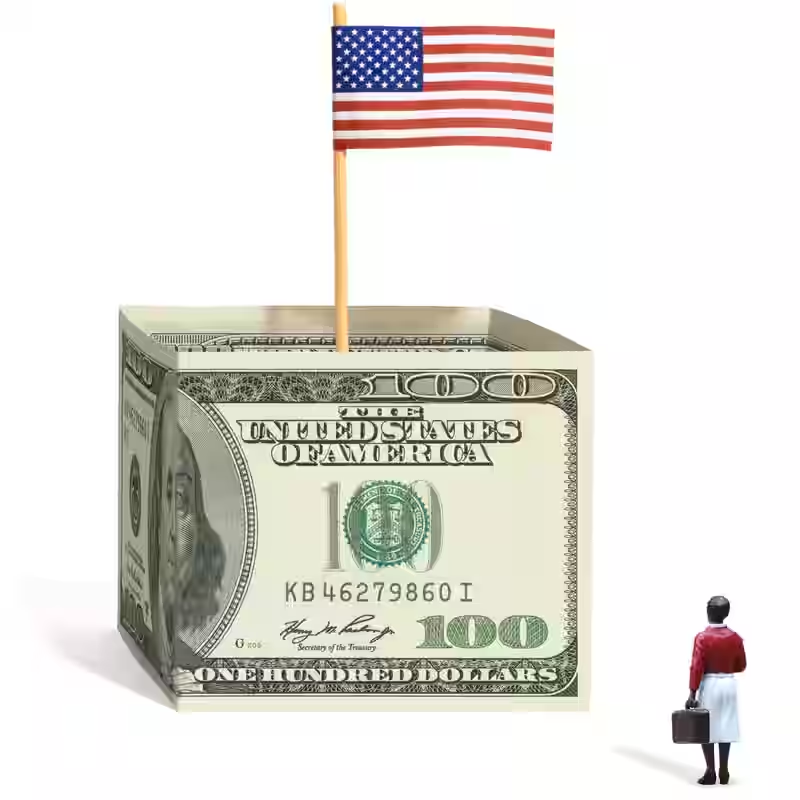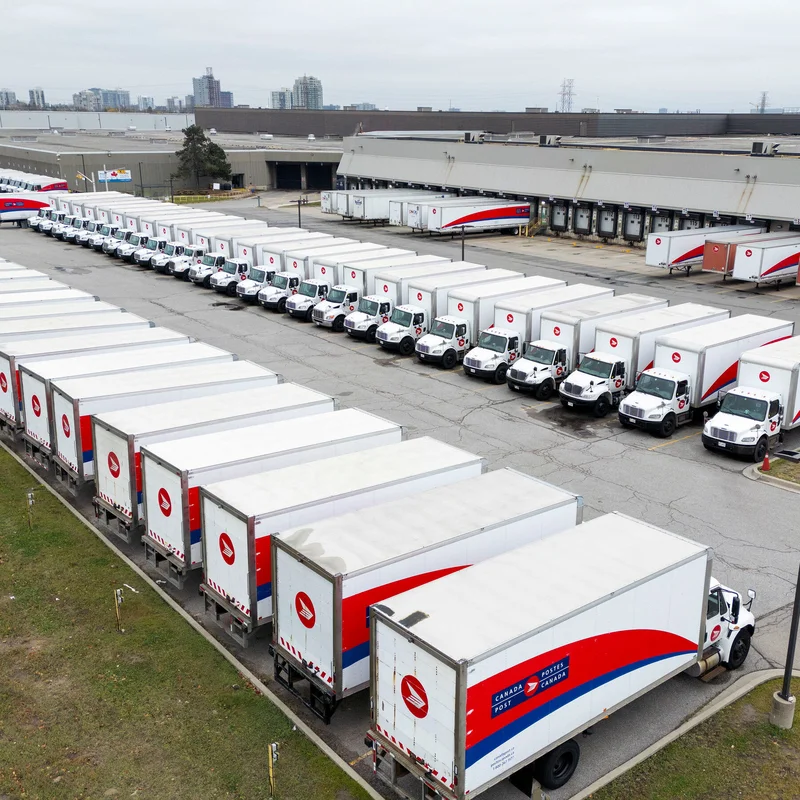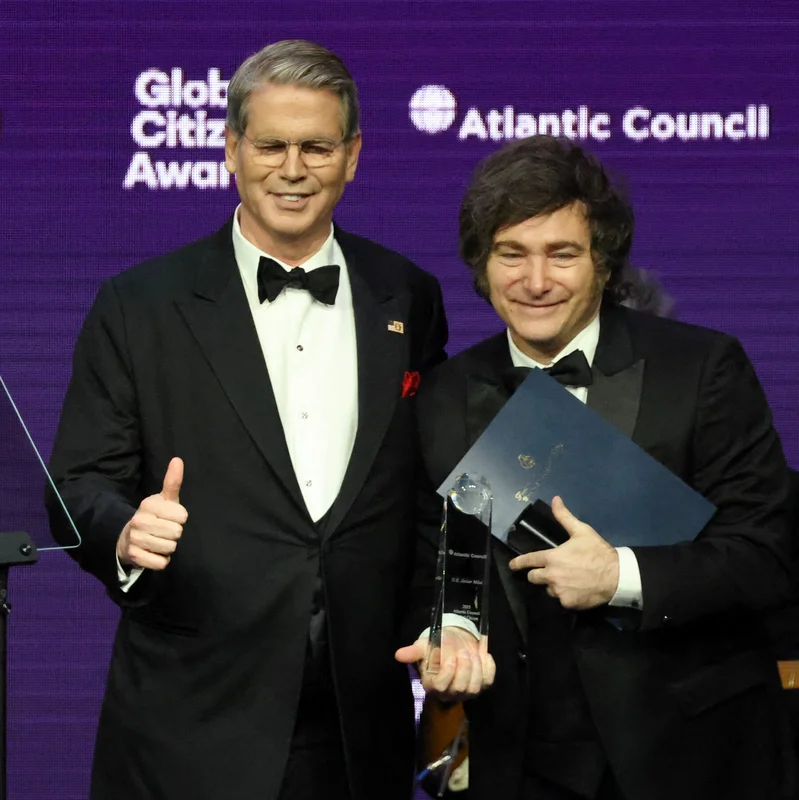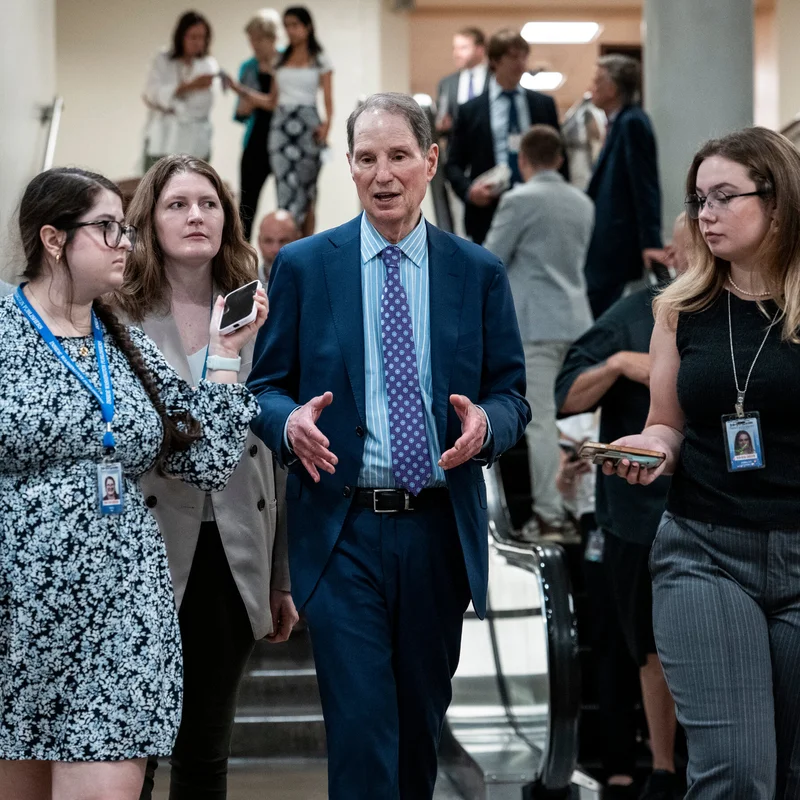High-Skilled Visa Reform Needed—but Trump’s Blunt $100K Fee Ignores Decades of Expert Proposals
President Trump’s recent move to impose a $100,000 fee on new H-1B visas has dominated headlines—but policy experts say it fails to address the actual, long-standing flaws in the program that have allowed systemic abuse for years.
The Real Problems with the H-1B Program
For over two decades, economists, lawmakers, and tech leaders have identified specific weaknesses in the H-1B system:
- Lottery favors volume over merit: Companies flood the system with duplicate applications to boost odds.
- Wage suppression: Some firms use H-1Bs to replace higher-paid American workers with cheaper foreign labor.
- Body-shopping firms: Outsourcing companies dominate the visa pool without creating U.S. innovation.
- Lack of mobility: Workers are tied to employers, creating vulnerability to exploitation.
What Experts Have Long Recommended
| Proposal | Goal | Status Under Trump Policy |
|---|---|---|
| Replace lottery with wage-based selection | Prioritize high-salary, high-skill roles | ✅ Partially adopted (but overshadowed by fee) |
| Ban or limit outsourcing firms | Prevent visa hoarding by staffing agencies | ❌ Ignored |
| Strengthen prevailing wage rules | Ensure H-1Bs don’t undercut U.S. wages | ❌ Not addressed |
| Allow worker portability | Let visa holders switch jobs freely | ❌ No change |
Why a $100,000 Fee Backfires
While intended to curb abuse, the flat $100,000 fee:
- Hurts startups and universities that can’t afford the cost—even for top global talent.
- Does nothing to stop large outsourcing firms that already absorb visa costs.
- Discourages STEM graduates from U.S. universities from staying in America.
- Ignores the root issue: how visas are allocated, not how much they cost.
Infographic: H-1B Visa Allocation – Before and After Trump’s Fee

What Bipartisan Reform Could Look Like
Former proposals from both parties offer smarter fixes:
- Durbin-Grassley Bill (2017): Stricter wage rules, banned replacement of U.S. workers.
- RAISE Act (GOP, 2017): Points-based system favoring education and English fluency.
- Startup Act (bipartisan): Created startup-specific visas to boost innovation.
“A $100,000 fee is a sledgehammer,” said Dr. Madeline Zavodny, an economist who has studied H-1B impacts for 20 years. “Real reform requires precision—not price tags that punish the wrong people.”
[INTERNAL_LINK:h1b_visa_reform_proposals] | [INTERNAL_LINK:outsourcing_firms_h1b_abuse]




